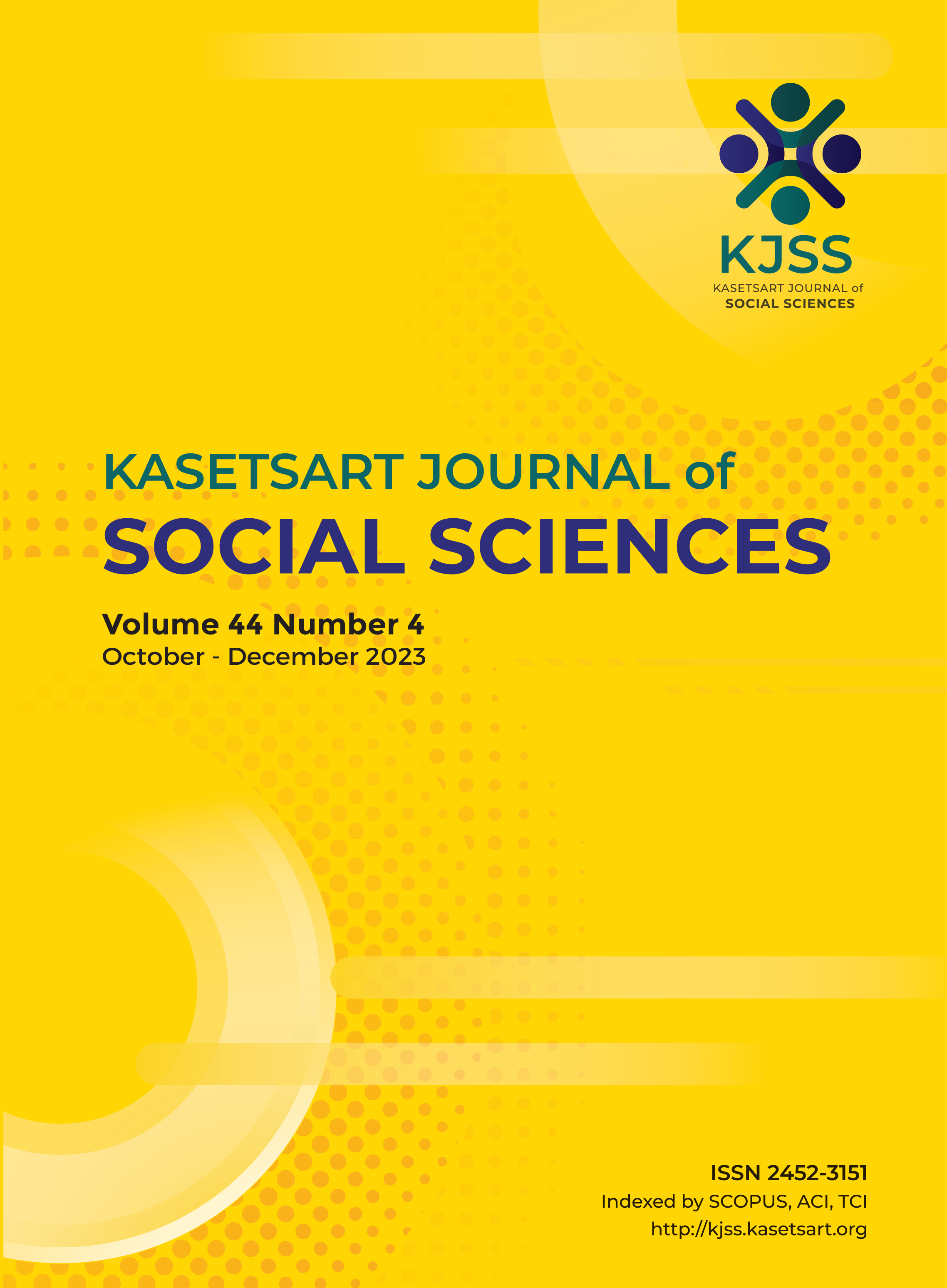How commuting choices affect physical and mental health: A case study of Bangkok, Thailand
Keywords:
commuting mode, mental health, physical health, ThailandAbstract
Bangkok and its peripheral areas in Thailand have experienced increased traffic congestion, and the choice of commuting mode affects Thai commuters’ health. This study examines the effects of commuting choices on the mental and physical health of the commuters in Bangkok and its peripheral areas. Crosssectional data on 13,122 individuals are used in the study. The commuters’ physical and mental health were addressed on a self-assessment questionnaire. The effects of the commuting modes on health are estimated by using an ordered logistic regression. The results show that commuters choosing public transportation are more likely to experience a significant reduction in physical and mental health compared to those commuting by car. In contrast, commuting by motorcycle and other active travel choices, including walking and biking, leads to better mental and physical health than does commuting by car. However, taking a sky train/subway does not have a significant effect on either physical or mental health. Our findings suggest specific impacts on people’s health of different commuting modes.
Downloads
Published
How to Cite
Issue
Section
License

This work is licensed under a Creative Commons Attribution-NonCommercial-NoDerivatives 4.0 International License.
This is an open access article under the CC BY-NC-ND license http://creativecommons.org/licenses/by-nc-nd/4.0/










